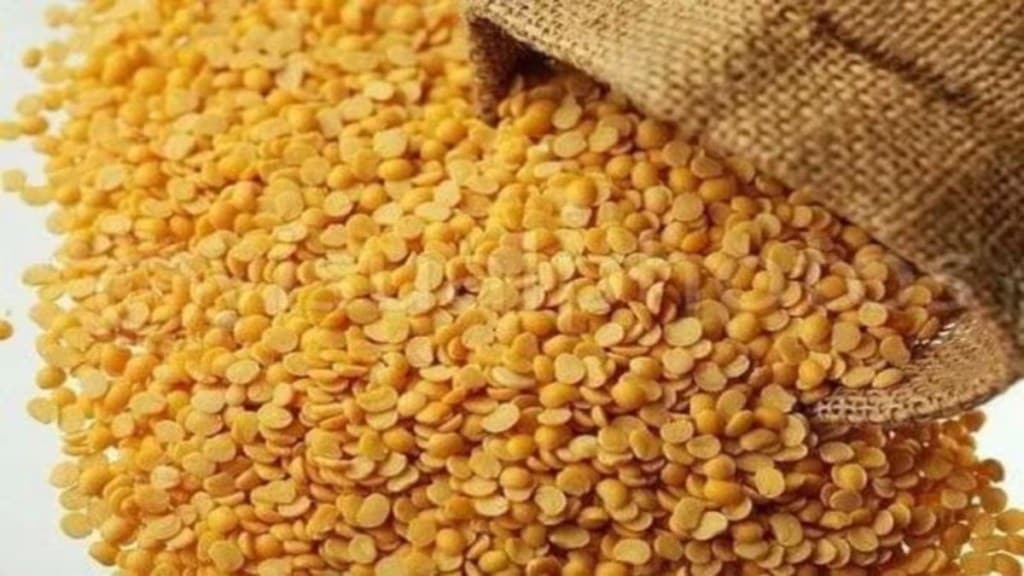After two years of elevated prices which were ruling over 35% above the minimum support price (MSP) because of lower output, the government has purchased over 0.24 million tonne (MT) of tur, a premium pulse variety at MSP in 2024-25 kharif season in key growing states including Maharashtra, Gujarat, Andhra Pradesh and Telangana so far.
The agriculture ministry on Thursday announced extension of purchase operations in Karnataka by a month till May 1 which is beyond the stipulated 90 days purchase window after harvest under prices support scheme (PSS).
For the current kharif season pulses procurement operations by agencies – farmers’ cooperative NAFED and NCCF would continue till end of April and extension of procurement period will be considered as the agriculture ministry has approved 1.32 MT of tur purchase from farmers under the PSS this season.
Meanwhile, at Latur (Maharashtra), the hub of the country’s trade, the mandi prices of tur on Thursday was in the range of Rs 6800/quintal to Rs 7100/quintal against the MSP of Rs 7550/quintal for 2024-25 season.
The last two seasons due to drop in output, mandi prices were ruling in the range of Rs 9000 to Rs 10,000/quintal, substantially above MSP where agencies could not purchase tur for the buffer.
The modal retail prices of tur as per the price monitoring cell of department of consumers affairs on Thursday declined to Rs 130/kg, a decline of 18% compared to Rs 160/kg prevailed a month ago.
The agriculture ministry in its second advance estimate last year had estimated a output of 3.51 MT, marginally higher than 3.41 MT in 2023-24 crop year. India imports about 1 MT of tur from several countries including Myanmar, Mozambique, Malawi and Tanzania.
Agriculture minister Shivraj Singh Chouhan on Thursday said tn order to increase domestic production of pulses, encourage farmers and reduce dependence on imports, the Government has approved procurement of tur, urad and lentil under PSS at 100% of State production for the procurement year 2024-25.
The existing procurement ceiling of 25% on tur, urad and masur under PSS had been lifted for 2023-24 and 2024-25 seasons.
“Self-sufficiency in pulses is our resolve and, in this context, the purchase of tur is being done in the major tur producing states, which has gained momentum,” Chouhan said.
Despite the prospects of robust kharif harvest, the government last month had extended the free import policy for tur or pigeon peas by a year, until March 31, 2026.
The government had allowed the import of tur under the ‘free category’ since May, 2021 aimed at meeting shortfall in domestic production against the demand. Subsequently, the free import regime has been extended from time to time.
PSS, a component of PM-AASHA is implemented when the market prices of notified pulses and oilseeds and copra fall below the MSP during peak harvesting period to provide the remunerative price to the farmers.
In addition, duty-free import of urad and masur have been extended till end of 2025-26.
